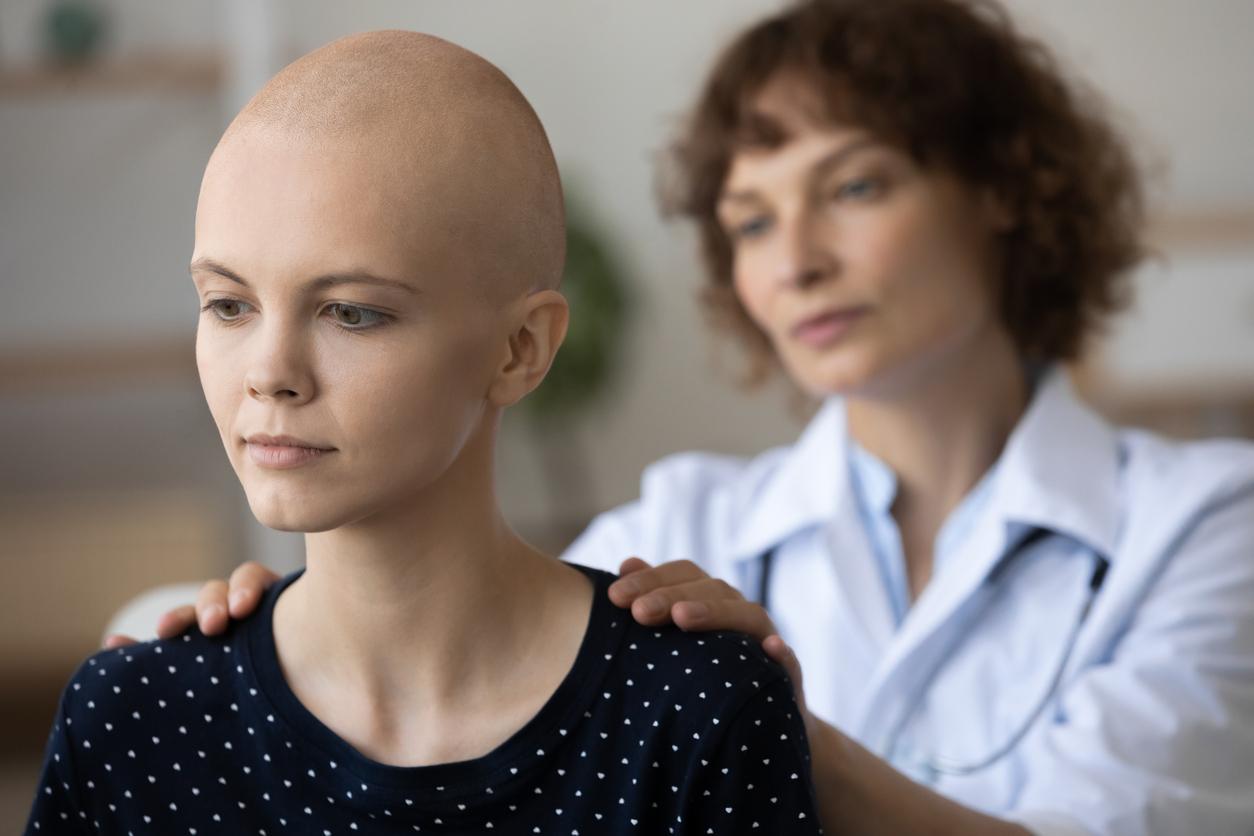Proton therapy would be more beneficial than conventional radiotherapy in the treatment of pediatric brain cancer. It causes fewer side effects.

The treatment for childhood brain cancer may change its face. Proton therapy, brought to the forefront by the Ashya King case in September 2014, is as safe and less toxic than traditional radiation therapy, according to a study. Published in the Lancet Oncology, she is developing a new perspective in the management of medulloblastoma. This brain cancer is most common in children.
A more targeted approach
Photon-based radiotherapy is the gold standard in the treatment of medulloblastoma. She is completing surgery and chemotherapy. But its side effects are very heavy. In the long term, it can induce severe disturbances of hearing, cognition and even of the hormonal system.
Proton therapy, which is more targeted, causes less damage to surrounding tissues. This treatment became known through the Ashya King affair. This British child was removed from the hospital in Southampton (United Kingdom) and taken to Spain, then to the Czech Republic by his parents. The health system in their country of origin did not support this treatment, which the father and mother wanted to adopt.
By 2018, two proton therapy centers are expected to open in Britain. In fact, the benefits of this approach are increasingly well documented. This latest study, conducted on 59 patients (3-21 years) confirms this. The first part of the treatment was carried out in the classic way: resection of the tumor and chemotherapy. But the researchers used proton therapy in a final part.
Good 5-year survival
The 7-year follow-up reveals the best interest of this management, although side effects are evident. By 5 years of age, 16% of children suffered from severe hearing loss. On the hormonal level also half of the young patients present disturbances. In addition, there are problems with verbal comprehension.
On the other hand, perceptual reasoning is preserved, as is working memory. Patients also do not develop pulmonary, cardiac or gastrointestinal disorders, late but serious effects. “Our results suggest that proton therapy causes an acceptable degree of toxicity and is accompanied by a survival similar to those who have followed photon radiotherapy”, underline the authors, who see it as an alternative method. And for good reason: cancer progression-free survival reaches 80% at 5 years. An additional element which paves the way for proton therapy.
.
















